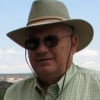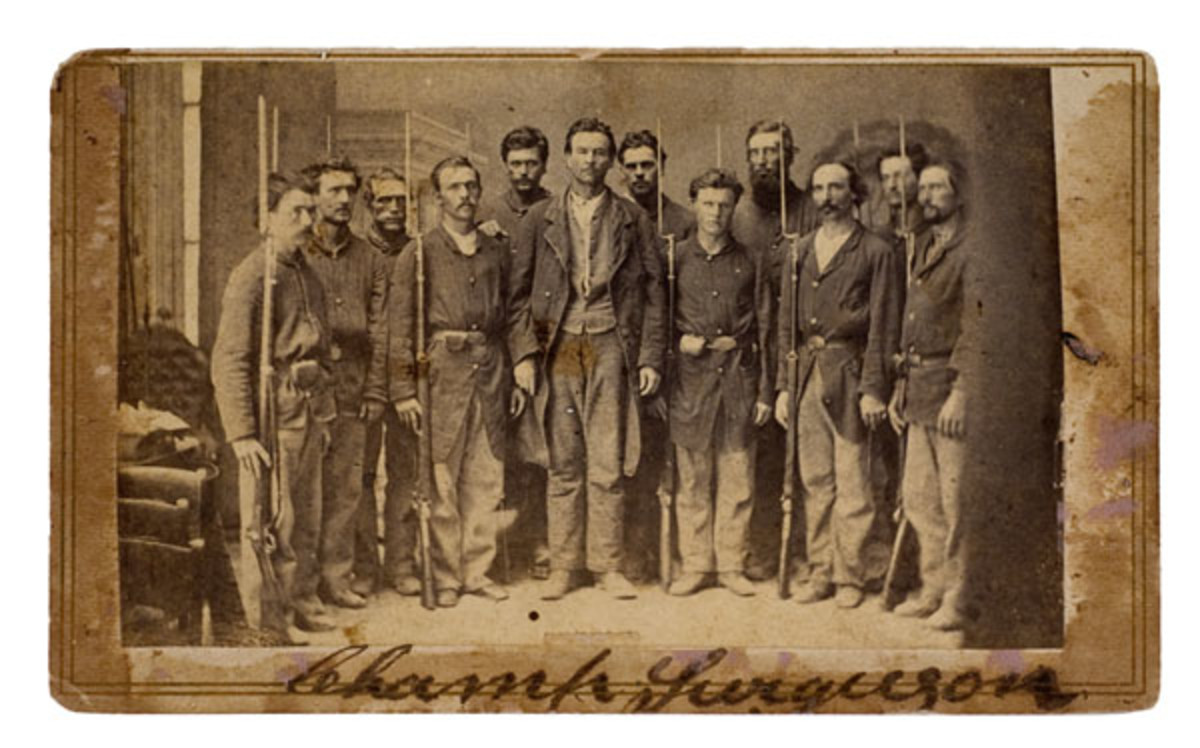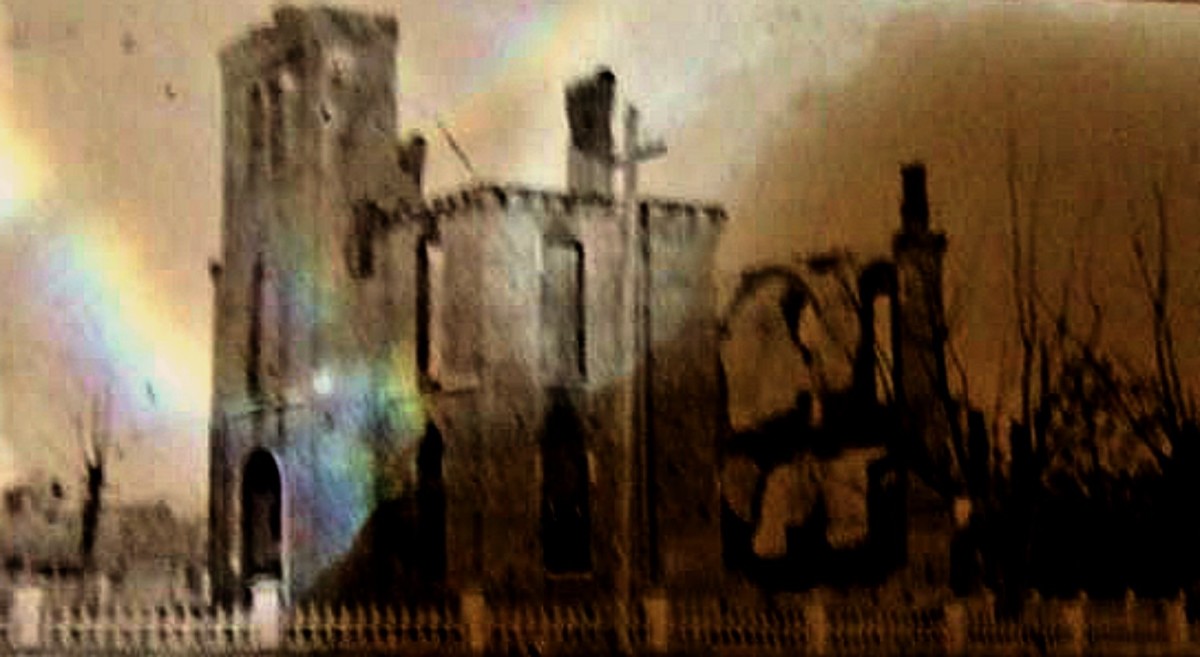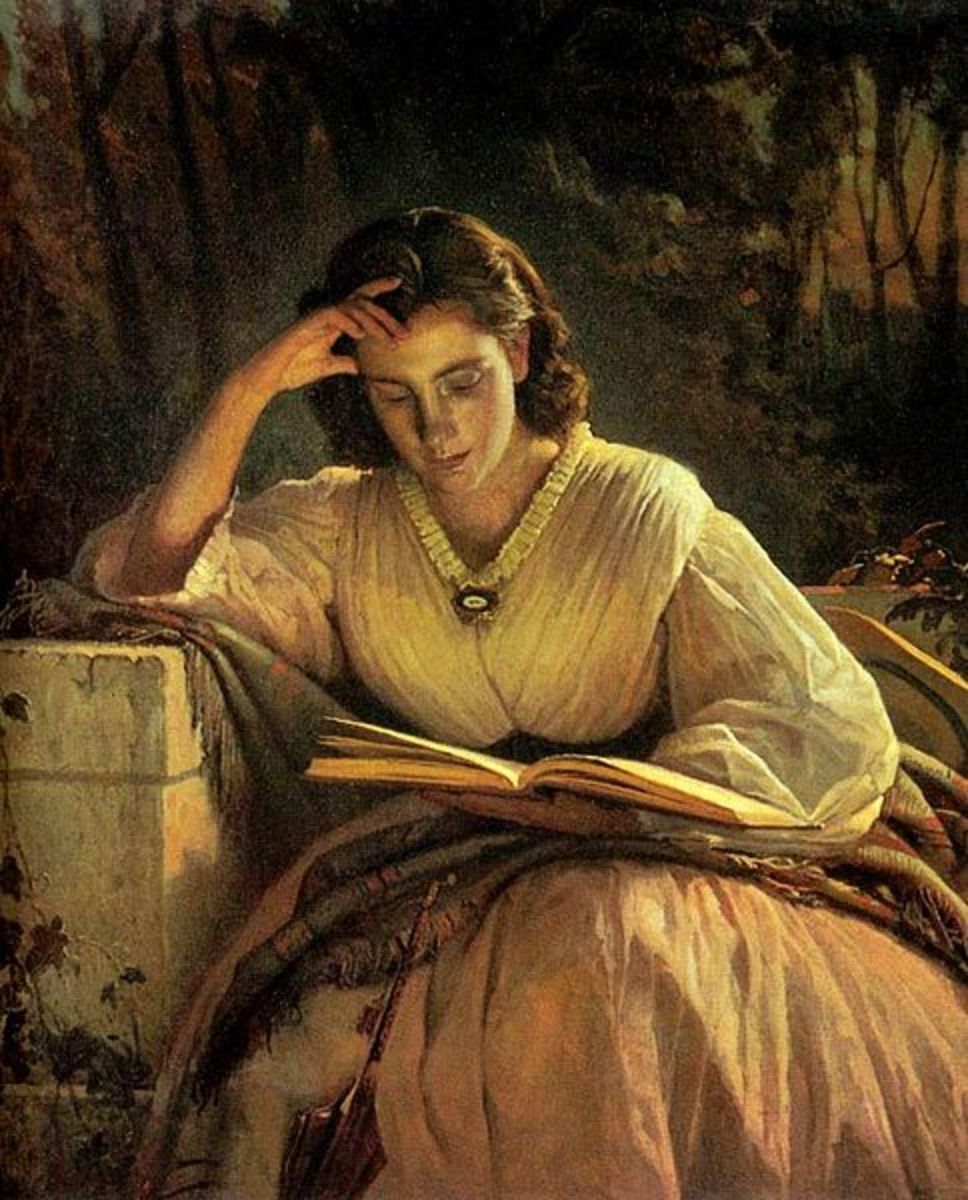Weston Wagons West - Ep. L14 - Lincoln won re-election and the war came to an end…
President Lincoln re-elected
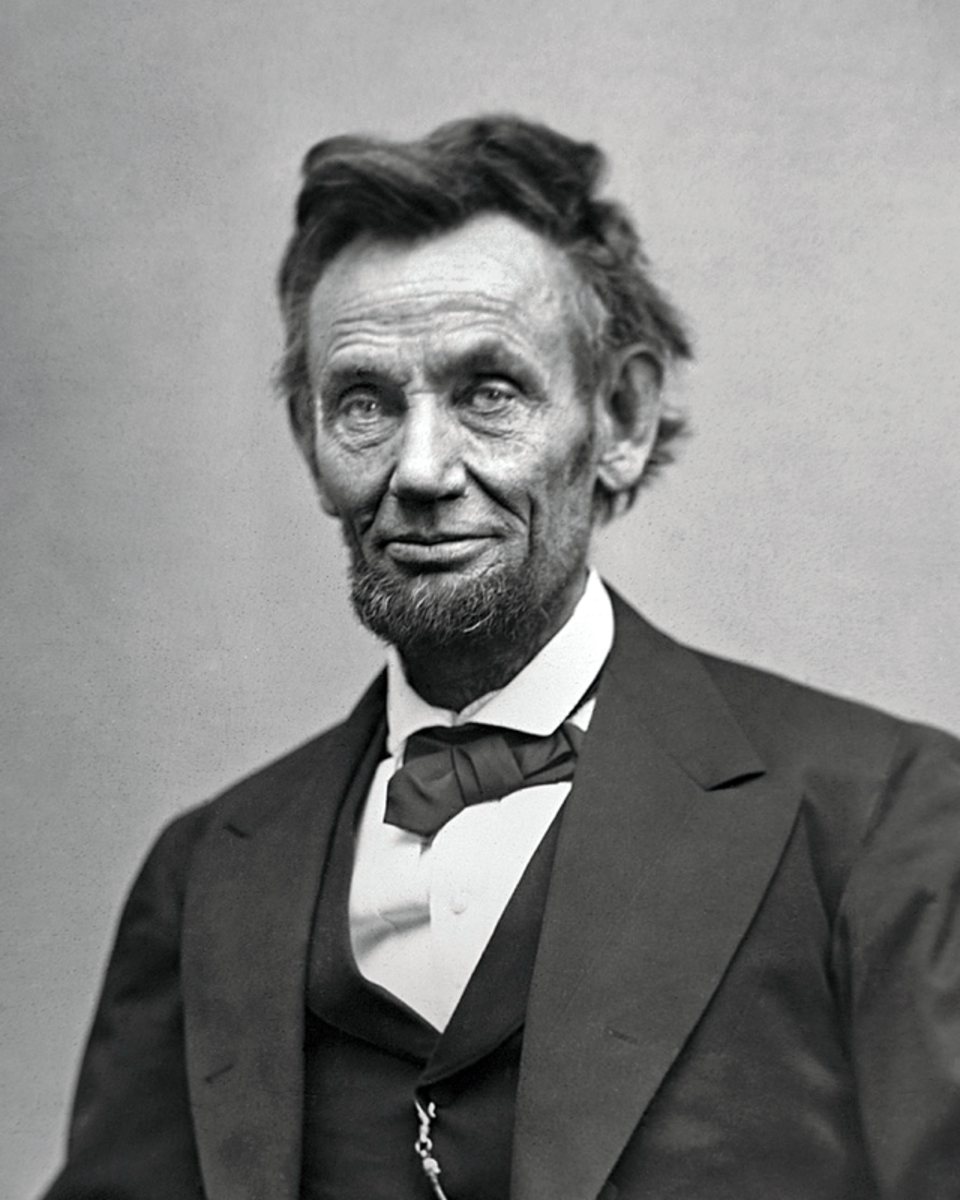
Lincoln was re-elected as President on the National Union Party ticket
At its 1864 convention, the Republican Party had invited the War Democrats to join them, even selecting Andrew Johnson from their midst as Lincoln's running mate. To broaden his coalition by this move, Lincoln ran under the label of the new Union Party. Lincoln also pledged that should he be defeated, he would work with the President-Elect to "save the Union" between the election and the inauguration. Lincoln was re-elected in a landslide, carrying all but three states, and receiving 78 percent of the Union soldiers' vote.
On March 4, 1865, Lincoln delivered his second inaugural address (later deemed by historian Mark Noll as "among the small handful of semi-sacred texts by which Americans conceive their place in the world").
Lincoln said: "Fondly do we hope - fervently do we pray - that this mighty scourge of war may speedily pass away. Yet, if God wills that it continue, until all the wealth plied by the bond-man's 250 years of unrequited toil shall be sunk, and until every drop of blood drawn with the lash, shall be paid by another drawn with the sword, as was said 3,000 years ago, so still it must be said, 'the judgments of the Lord, are true and righteous altogether'. With malice toward none; with charity for all; with firmness in the right, as God gives us to see the right, let us strive on to finish the work we are in; to bind up the nation's wounds; to care for him who shall have borne the battle, and for his widow, and his orphan - to do all which may achieve and cherish a just and lasting peace, among ourselves, and with all nations."
In Jefferson City, Colonel Patton, in the first few months of 1865, began calling regular small meetings with the several local expatriates of Oak Springs to begin planning for a return to the valley when it became safe to do so. He invited Levi Weston to many of these meeting as someone else he knew he could depend on to collect and share information discretely. He knew Levi would not be among the early returnees, but was confident he would be returning eventually.
Grant and Lee
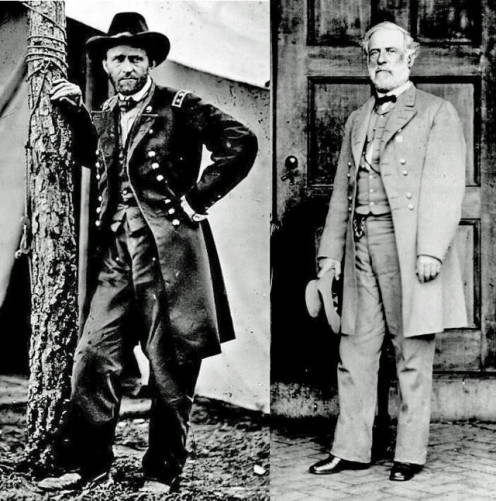
The Appomattox Campaign led by General Ulysses S. Grant concluded the war
From late March until April 9, 1865, the Union Army and the Confederate forces fought a number of pitched battles across Virginia culminating with the surrender of Confederate General Robert E. Lee's Army of Northern Virginia at Appomattox Courthouse. This effectively ended the American Civil War.
While the northern states were still receiving word of Appomattox and celebrating, in a bid to revive the Confederate cause, actor John Wilkes Booth shot President Abraham Lincoln at close range on Good Friday, April 14, 1865. Lincoln, and his wife, Mary, were attending the play, "Our American Cousin," at Ford's Theatre, in Washington, D.C. Booth and his co-conspirators hoped to sever the continuity of the United States government. However, the rest of the plot failed. Secretary of State Seward was badly wounded, but not killed. Vice-President Johnson was targeted, but the would-be-assassin lost his nerve and fled. Lincoln died the following morning, but the government continued on, even as the nation went into mourning.
In Jefferson City, for the first weeks after the assassination, Colonel Patton's Cavalry Regiment continued on high alert, to assure that the events in Washington did not have commensurate reinforcing activities in Missouri, especially in the Central part of the state, south of the Missouri River. There were only scattered, minor incidents, early on and then relative quiet. Orders soon began to arrive to begin to dismantle major elements of the war machine built up, and the Patton Regiment was among the first to begin releasing members.
Lincoln Assassinated
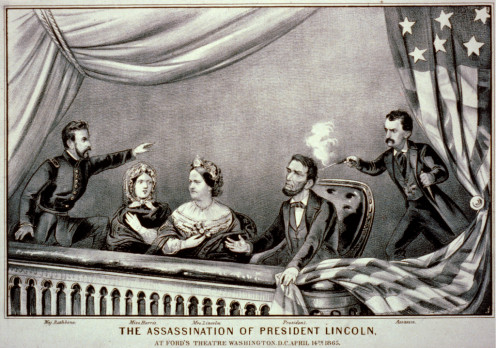
When would the Oak Creek valley region be safe to return to?
As an integral part of their regular patrols, Colonel Patton was able to determine, with reasonable certainty, that rebel activity of most concern was not centered in the central region. In the west, southwest, and to north, to some extent, guerrilla activities did continue, but generally of a very localized nature. Earlier, the Missouri commanding general had requested that Committees of Safety be established by Union sympathizers in each county of the state. Where they were not established, he knew there might still be problems, but they were not wide-spread. Otherwise, any negative activities were reported and could be dealt with.
As the military drawdown began, those areas needing attention continued to get the attention needed to maintain or restore the peace. Information gathered from the local areas allowed reasonable counter activities to generally prevail.
By the time April turned to May, it had been determined that Lewis Truesdale and Daniel McDonald would be the first to return to the Oak Creek valley. They were especially anxious to determine if Henry and Alex McDonald had survived in the valley. Colonel Patton had received a message from them in late 1863, but had heard nothing since. Following by about two weeks would be David Baldridge and Liam Olson, with the intent to begin working on the mill, to try to have it in minimal working order for a late fall harvest, if possible. Each of these pairs would make a return trip to Jefferson City after a week or so in the valley to provide information and take more supplies in. Horses, mules, cows, … and everything needed to be returned before families could return. hopefully by the fall.
Each of the early arrivals took along extra animals and packs of supplies according to their earlier planning. Lewis and Daniel were the first to return with the good news that Henry and Alex McDonald had survived very well. They did look like "mountain men" in their buckskin outfits and beards, but they were in good spirits. They also had already done a lot of crop planting, in ways and places that were not noticeable by possible raiders. However, they were especially happy to retrieve the plow from its cache in a cave, and using the mules brought in, begin to re-plow prior fields and plant seed brought on the mules.
Levi was pleased to hear the reports that Lewis and Daniel brought back, as well. He knew, of course, that he would have wait until a number of families had moved back to the valley before he could afford to return. He knew it could be years. But, he resolved to remain involved so that he could return when the opportunity was right.
Direct link to the next episode in this series of stories
- Weston Wagons West - Ep. L15 - Mid-1865 was a time of critical decisions for many
Levi Weston learned of the specific plans of many of his friends and neighbors as they planned their return to Oak Creek Township and the town of Oak Springs following devastation in the Civil War.
Historical note by the author
As noted in Episode L1 of this series of historical fiction family saga stories, all of the characters in this episode are fictional. Activities and events are consistent with known historical facts, but are entirely fictitious. The Jacob and Levi Weston characters, as well as the McDonalds, were first created as a part of The Homeplace Saga stories collectively identified as The Founding in Missouri. This current Lx series fills in the early years of the lives of Levi, Jacob and their family.
Historical Civil War events are included in this episode based primarily upon Wikipedia entries along with other readings of the author. Any errors are his alone, in the interest of moving the historical fiction story along.
Some of the stories of the forthcoming "American Centennial at the Homeplace: The Founding (1833-1875)" collection of historical fiction family saga short stories are being published on "The Homeplace Saga" blog, found at the link, below, including those introducing Levi and Jacob Weston. In the links below, I've included one to the more detailed story of Oak Springs during the Civil War.
“The Homeplace Saga” historical fiction family saga stories are the creation of the author, William Leverne Smith, also known as “Dr. Bill.”
- "The Homeplace Saga" Blog
The home blog for "The Homeplace Saga" series of historical fiction family saga stories set in the southern Missouri Ozarks. All updates of the series are mentioned here, regardless of platform. Watch of the release of the forthcoming collection. - "The Homeplace Saga" Blog: Today's Thoughts on… Part III, of the Founding Book-the rest
A useful link to the happenings in Oak Springs during the Civil War
